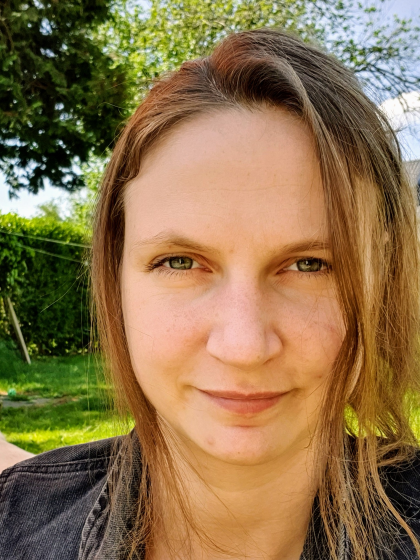dr. M.A.E. (Mandy) van der Gaag

Landscape of Identity project
In this project we develop a novel theoretical model of identity: the landscape of identity model. An optimal identity has previously been defined as a collection of strong commitments, developed through much of exploration. This sounds clear enough, but ignores both the content of identity commitments and the role of experiences in their development. These qualitative aspects are included in our landscape of identity model: commitments do not only have a strength, but also a content that has a certain level of integration, and these commitments are not only developed through exploration, but mainly through experiences in everyday life. Besides developing the theoretical model itself, we also test its validity and the predictions that it generates, by developing and conducting identity interviews. We work on this project with a large and growing group of scientists and students from both the University of Groningen and the University College Groningen.
Main publications landscape of identity:
Van der Gaag, M.A.E., De Ruiter, N.M.P., Kunnen, E.S., & Bosma, H.A. (in press). The landscape of identity model: an integration of qualitative and quantitative aspects of identity development. Identity.
Van der Gaag, M.A.E., de Ruiter, N.M.P., Kunnen, E.S., & Bosma, H.A. (2020). The landscape of identity: integrating commitment strength and quality within a developmental framework. In: M. Mascolo & T. Bidell (Eds.). Handbook of Integrative Psychological Development. Oxon, UK: Taylor & Francis
u-can-act project
The aim of this NRO funded project is to contribute to the prevention of early school leaving in secondary vocational education ('MBO'). Although we know a lot about risk factors that contribute to early school leaving, we know only little about the individual processes that precede it and about effective techniques to prevent it. In this project we address these issues. We have collected longitudinal data among adolescents and their mentors using the open source u-can-act platform (web based apps for smartphones) that we have developed, and written a book about the results.
Main publications u-can-act:
Paper (2019) on the u-can-act platform and its performance
